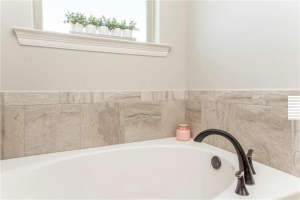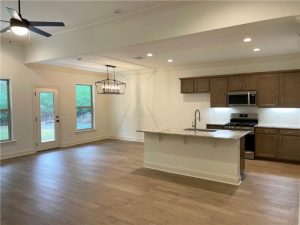Transitioning from Renting to Owning: Is It Time to Buy a Home?
Deciding to switch from renting to owning a home is a monumental step, filled with both excitement and complexity. If you’re contemplating whether to trade your landlord for a mortgage lender, here are five essential considerations to determine if you’re ready to embrace homeownership.
1. Understanding Financial Commitments Beyond the Down Payment
The journey to homeownership starts with financial preparation, notably beyond just accumulating a down payment. While the typical first-time homebuyer may put down 8% of the home’s cost, additional expenses like closing costs, which can range from 2% to 5% of the purchase price, must also be considered. Moreover, purchasing with less than a 20% down payment means you’ll likely incur private mortgage insurance (PMI) fees until you reach a certain equity threshold in your home.
Creditworthiness plays a pivotal role, with a score of 620 usually being the minimum for mortgage consideration. However, higher scores result in more favorable interest rates. Note that changes are underway in credit scoring, with new models including rent and utility payment histories, potentially broadening mortgage access.
Furthermore, your debt-to-income (DTI) ratio is critical. Keeping this below 36%, or at most 43%, is advisable for mortgage approval. Tackling this involves managing and minimizing existing debts.
2. The Reality of Compromises in House Hunting
Homebuying often involves compromises, especially in balancing budget constraints with desired features and locations. Kathleen Celmins’ experience is illustrative; despite initial dreams of a standalone home, financial realities led her to choose a well-appointed condominium, trading a yard for upscale amenities within her budget. This story underscores the importance of flexibility and open-mindedness in the housing search.
3. Preparing for Unexpected Homeownership Costs
Unlike renting, homeownership comes with direct responsibility for maintenance and unexpected financial burdens, such as rising property taxes or homeowners association (HOA) fees. These surprises necessitate both financial buffer and emotional readiness to tackle unforeseen challenges without a landlord’s intervention.
4. Evaluating the Financial Benefits of Owning vs. Renting
While monthly mortgage payments might exceed or equal rent in some areas, homeownership allows for building equity, contrasting with the non-investment nature of rent. The long-term financial benefits of equity growth can outweigh initial costs and rent comparisons.
5. Assessing Lifestyle Suitability for Homeownership
Lifestyle factors can significantly influence the rent vs. buy decision. Starting a family, desiring outdoor space, facing pet restrictions in rentals, or wishing to personalize living space through renovations are all indicators that homeownership might be a more fitting lifestyle match.
Ultimately, transitioning to homeownership is a substantial life decision, influenced by financial readiness, lifestyle needs, and long-term objectives. While it represents a significant commitment and comes with its set of challenges, for many, the benefits of owning a home—financial security, personal space, and the freedom to customize—can be profoundly rewarding. As you ponder this transition, consider these factors carefully to determine if now is the right time for you to move from renting to owning.

 rip.
rip.